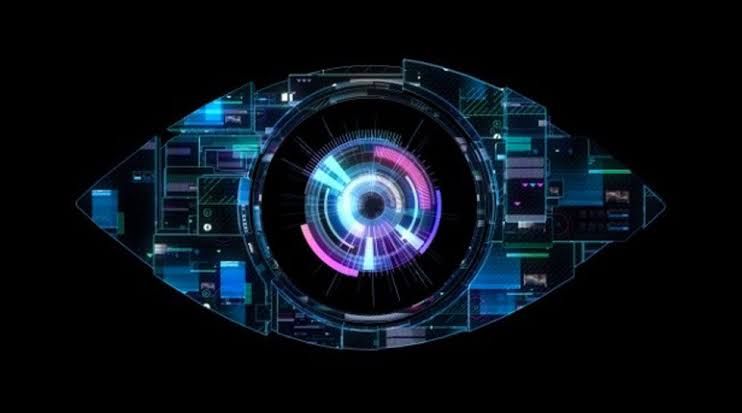Beneath the Watchful Eye: The Tale of the Great Brother
As technology weaves its way deeper into the fabric of our lives, a specter rises parallel, looming large yet unseen in the background – the Great Brother. The concept of the Great Brother has grown exponentially in the public consciousness, evolving from a terrifying dystopian fiction to an uncomfortably plausible reality.

As technology weaves its way deeper into the fabric of our lives, a specter rises parallel, looming large yet unseen in the background – the Great Brother. The concept of the Great Brother has grown exponentially in the public consciousness, evolving from a terrifying dystopian fiction to an uncomfortably plausible reality.
Let us embark on a journey through time and technology, tracing the evolution of this invisible entity whose gaze, some argue, has become inescapable.
It all began in the era of the Cold War, when George Orwell's prophetic novel "1984" seared the image of Big Brother into the global psyche. Orwell painted an unnerving picture of an omnipresent government that utilized advanced technology to monitor and control every aspect of citizens' lives. Fast forward to today, and we find echoes of Orwell's Big Brother in the digital footprints we leave behind on our devices and online.
Every email you send, every search you make, every app you download, and every 'like' you click feeds into a vast pool of data. This data is processed, sorted, and analyzed by sophisticated algorithms that build intricate profiles based on your behaviors, preferences, and habits. Welcome to the era of the Great Brother, an entity born from the amalgamation of technological innovation, data analytics, and the commercial drive of corporations.
Unseen yet all-seeing, the Great Brother permeates our digital lives, influencing everything from the advertisements we see to the news that populates our feeds. It shapes our online experiences, feeding us a tailored version of the world that aligns with our interests and beliefs.
But what happens when the lines between personalization and manipulation begin to blur? What happens when the data-driven influence of the Great Brother extends beyond our screens and begins to mold our real-world actions and decisions? These questions become even more pressing when one considers the potential for misuse of such power, be it for political, commercial, or malicious purposes.
Imagine a scenario where the Great Brother is harnessed by a government or corporation, its capabilities used not only to track your online behavior but also to predict your future actions, influence your decisions, or even determine your societal value. Far-fetched? Consider the Cambridge Analytica scandal, where data from millions of Facebook users was used to manipulate voter behavior. Consider China's social credit system, which utilizes big data to rate the trustworthiness of its citizens.
Yet, despite these alarming examples, it's important not to let fear cloud our perception completely. The technology that has birthed the Great Brother also holds immense potential for positive impact. Personalized healthcare, advanced predictive analytics for disaster management, hyper-efficient logistics, and tailored education – these are just a few of the possibilities that a data-driven world presents.
The challenge, therefore, lies not in combating the Great Brother but in understanding, regulating, and guiding its growth. It's about creating robust privacy laws, educating the public about digital rights, and promoting transparency in data collection and use.
In the end, the story of the Great Brother is not just about an all-seeing, omnipresent entity. It is a reflection of our relationship with technology – the opportunities it presents, the challenges it poses, and the delicate balance we must strike between progress and privacy. It's a narrative that continues to evolve with each click, each swipe, each share – under the watchful eye of the Great Brother.




